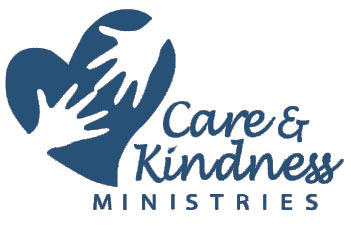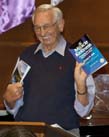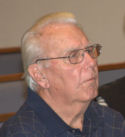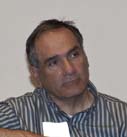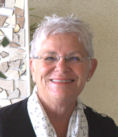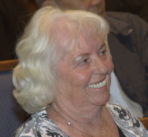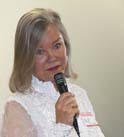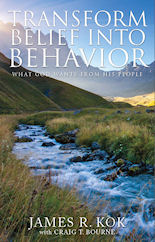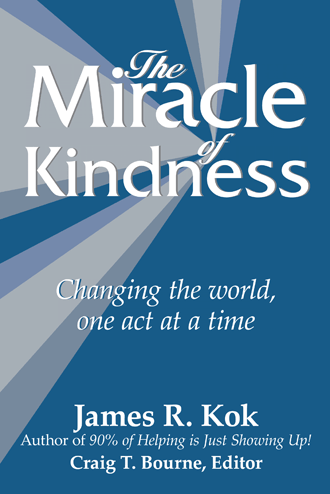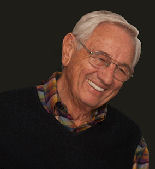It's Hard to Lose Your Dad ... or Mom
People say the nicest things. And when a senior parent dies, so many gentle gifts are handed to the surviving loved ones. Memories recall everything from generous moments to hilarious hijinks. Caring friends describe the goodness of the old one's life, his contributions, accomplishments and achievements. Altogether, they add up to a celebration of the deceased's life and that is a wonderful thing to be part of.
When my Dad died, at age 98, I was the grateful recipient of many kind comments commending him. He'd been a Pastor for many decades and had led a half dozen congregations, several of which included everything from building projects to scores of baptisms and a handful of horribly tragic accidental deaths. He was the founding Pastor of now thriving Valley Christian School. The list of his contributions is long, even though, like most faithful pastors, he was mostly a hardworking preacher who took care of his people. He earned commendation and I warmly embraced every such gift offered from appreciative people.
But one man said something different than the others. Most said something like "Well, he certainly helped build The Kingdom", or "He lived a long good life" or "He was a good man", or "He was a wonderful Pastor." Many said, "You are fortunate you had him so many years," and I smiled and nodded and thanked them.
The man who stood out said something totally unique: he simply said, "It's hard to lose your Dad." Then tears came to my eyes as I deeply connected to that one simple sentence. The other words were kind and positive. I appreciated them a lot, but this man touched my soul and it felt like he genuinely understood.
The others, celebrating Dad's life, were endeavoring to put a positive note into my heart. They were, to some extent, trying to cheer me—to make this event not so sad. There may be a place for this, but the man who affirmed the sadness will always stand out. He was the most appreciated. Frankly, I didn't want to be cheered up. I wanted to feel sad, and I quietly resisted the efforts made to take it away from me. Sadness felt right. Cheer could wait.
What happened to me is not unusual, especially with the fragile super-elderly. With them, spectators assume there is little or no pain or grief for those who survive. Father or Mother may have required a lot of hands-on care and expensive nursing, which generates in the bystander the notion that the parent's final breath was mostly a time of great relief. Father or Mother may have suffered intensely, and truly, there is gratification that the pain is ended. Relief is there often . . . but it is hard to lose a parent. Almost always there is heartache and grief, even though less acute than on the occasion of an untimely death.
The lesson from this is that celebration and acclaim have a place in bidding farewell to an aged loved one. But at the same time, the kindest gift, handed first, is the acknowledgement that it is hard to lose your Dad...or Mom.
__________________________
Write to us at ShowUp@careandkindness.org, or Like us on Facebook and add a comment there.
Laugh Lines Silly Thoughts At my age ’Getting lucky’ means walking into a room and remembering what I came in there for. |
